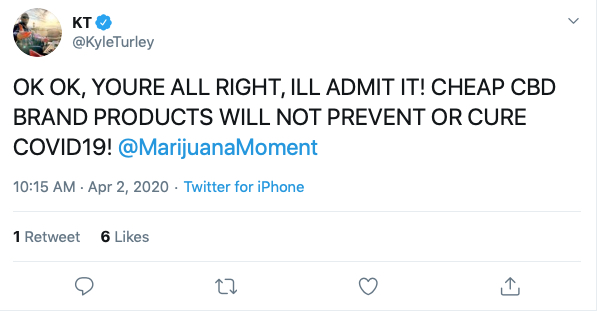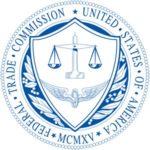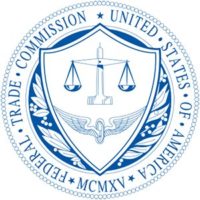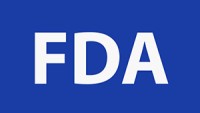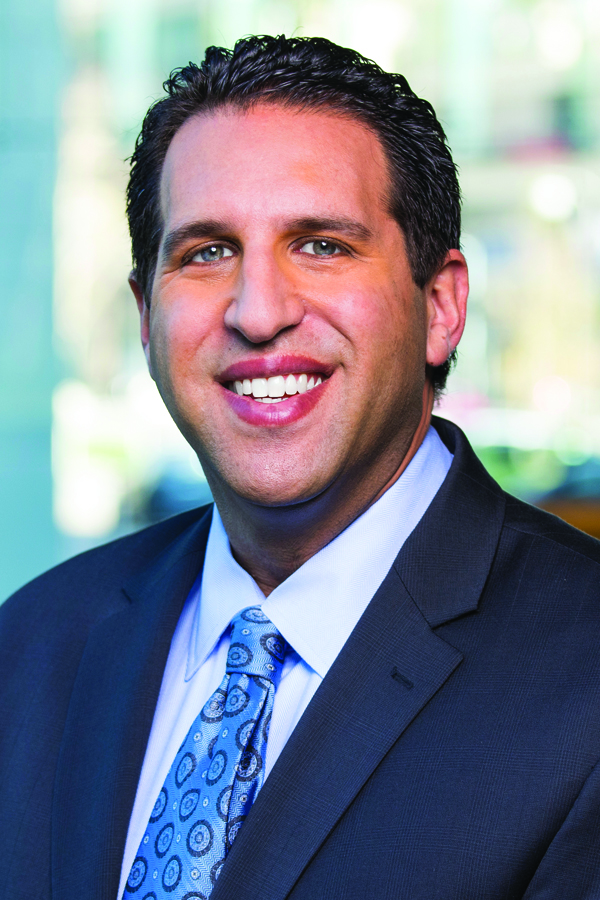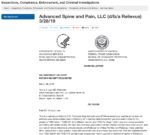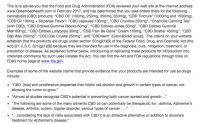Former NFL player Kyle Turley made headlines this week for some eye-catching remarks. The retired offensive lineman entered the cannabis industry in 2017, when he launched Neuro Armour (now called Neuro XPF), a brand of CBD products.
Turley and his Neuro XPF brand made claims in recent weeks, both on their website and in various social media posts on Facebook and Twitter, saying that their CBD products can cure COVID-19. Two quotes below, one from their website and one from a Facebook post, show how the company touted CBD as an effective medicine for treating COVID-19.
-
“Crush Corona . . . While scientists around the world are working 24/7 to develop a COVID-19 vaccine, it will take many more months of testing before it’s approved and available. However, there’s something you can do right now to strengthen your immune system. Take CBD . . . CBD can help keep your immune system at the stop of its game. . . . We want everyone to take CBD and take advantage of its potential to help prepare your body to fight a coronavirus infection. So, we’re making all of our products more affordable.”
-
“Crush Corona! Your best defense against the COVID-19 blitz starts with a strong immune system. It’s what protects your body from the everyday attacks of bacteria, viruses, parasites and a host of other nasties. Learn more here: https://neuroxpf.com/crush-corona/”

The U.S. Food & Drug Administration (FDA) got wind of these marketing tactics and sent Turley and his brand a warning letter. “FDA is taking urgent measures to protect consumers from certain products that, without approval or authorization by FDA, claim to mitigate, prevent, treat, diagnose, or cure COVID-19 in people,” reads the warning letter. “As described below, you sell products that are intended to mitigate, prevent, treat, diagnose, or cure COVID-19 in people. We request that you take immediate action to cease the sale of such unapproved and unauthorized products for the mitigation, prevention, treatment, diagnosis, or cure of COVID-19.”
Before entering the cannabis space, Turley was diagnosed with chronic traumatic encephalopathy (CTE) and then early onset Alzheimer’s as a result of sustaining head injuries while playing in the NFL. Turley has a reputation for being an outspoken cannabis activist, crediting cannabis with improving his quality of life and eliminating the need for prescription opiates.
In a tongue-and-cheek response to the FDA, Turley posted the following on twitter: “OK OK, YOURE ALL RIGHT, ILL ADMIT IT! CHEAP CBD BRAND PRODUCTS WILL NOT PREVENT OR CURE COVID19!” Turley, making light of the situation, inserted the term “cheap” in there, almost challenging the FDA and disregarding their warning letter.
OK OK, YOURE ALL RIGHT, ILL ADMIT IT! CHEAP CBD BRAND PRODUCTS WILL NOT PREVENT OR CURE COVID19! @MarijuanaMoment
— KT (@KyleTurley) April 2, 2020
However, the FDA is not joking when they send these warning letters. According to the letter, Turley and his company have 48 hours to remediate the situation or face a federal court injunction.

